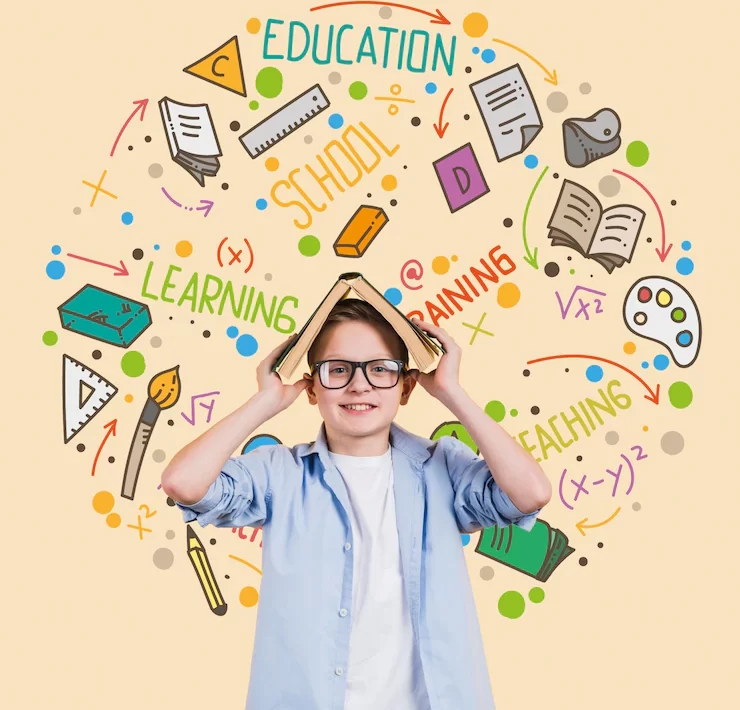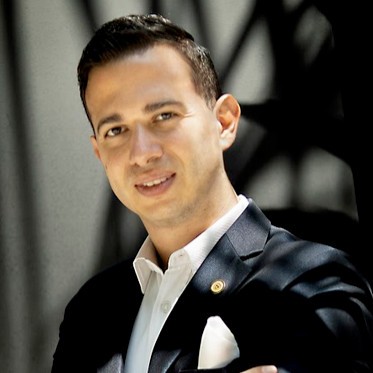When people think of early childhood education, they often envision kids simply playing and being cared for. While play and care are definitely a part of it, there’s so much more under the surface. From shaping young minds to laying down the foundation for lifelong learning, early childhood education plays a pivotal role in a child’s developmental journey. Let’s explore the profound impacts of this foundational stage and understand why it’s much more than just babysitting.
Table of Contents
Choosing the Right Early Learning Environment
Parents are increasingly recognizing the importance of early education. This shift is evident in the surge of interest in quality educational institutions, like the sought-after childcare Croydon, which offers a rich, nurturing environment. But what makes an early childhood education center stand out? It’s a blend of curriculum, teaching methodologies, and the emphasis on holistic development.
Cognitive Development and Academic Foundation
- Building Critical Skills: Early childhood education focuses on developing essential skills such as problem-solving, logical reasoning, and decision-making. These skills are the cornerstones of future academic success.
- Laying the Groundwork: Basics of reading, writing, mathematics, and science are introduced, ensuring that children are well-prepared for their formal schooling years.
- Encouraging Curiosity: Children are naturally curious. Early education nurtures this innate trait, teaching them to question, explore, and discover.
Social and Emotional Growth
- Developing Interpersonal Skills: Children learn to interact with their peers, understanding the nuances of sharing, teamwork, and cooperation.
- Self-awareness and Regulation: They are introduced to concepts of emotions, helping them identify their feelings and express them appropriately.
- Building Resilience: Early setbacks, like a disagreement with a friend, become lessons in resilience and coping.
Physical Development and Health Awareness
- Gross Motor Skills: Activities like running, jumping, and climbing enhance muscle development and coordination.
- Fine Motor Skills: Crafts, drawing, and bead-threading help refine the smaller movements of fingers and hands.
- Instilling Healthy Habits: Early education often incorporates basics of health and hygiene, teaching children the importance of cleanliness and self-care.
Cultivating Creativity and Imagination
- Arts and Crafts: Through artistic endeavors, children express themselves, learn about colors, shapes, and textures, and boost their creativity.
- Storytelling and Role Play: These activities foster imagination, help children explore different narratives, and understand various perspectives.
- Music and Movement: Dancing, singing, and rhythmic activities not only enhance physical skills but also instill an appreciation for music and rhythm.
Preparation for Future Schooling and Beyond
- Structured Learning: Early childhood education introduces children to a structured learning environment, preparing them for the transition to more formal schooling.
- Independence: Tasks like organizing their belongings or managing personal hygiene routines foster a sense of responsibility.
- Cultural Awareness: In a diverse world, understanding and appreciating different cultures is essential. Early childhood education often includes celebrations of various festivals, storytelling from different cultures, and introduction to global cuisines.
The Role of Educators in Early Childhood Learning
An essential component of successful early education is the role of the educators. Trained, compassionate, and dedicated educators ensure:
- Personalized Attention: Recognizing that each child is unique, they tailor their approach to cater to individual needs.
- Safety and Security: Beyond education, ensuring the physical and emotional well-being of each child is paramount.
- Engagement and Motivation: Through creative lesson plans and interactive teaching methodologies, educators keep children engaged and motivated to learn.
The Transformative Power of Early Childhood Education
As we’ve journeyed through the multifaceted world of early childhood education, it’s evident that it’s a realm rich in experiences, learning, and growth. It’s not merely about keeping children occupied; it’s about shaping the future leaders, thinkers, creators, and innovators of our world. Whether it’s a renowned institution like childcare Croydon or any other quality educational center, the emphasis is on holistic development, ensuring that children are not just cared for but are also intellectually stimulated, emotionally nurtured, and socially connected. In the grand tapestry of education, early childhood learning is the thread that weaves the foundation, setting the stage for lifelong learning and success.




